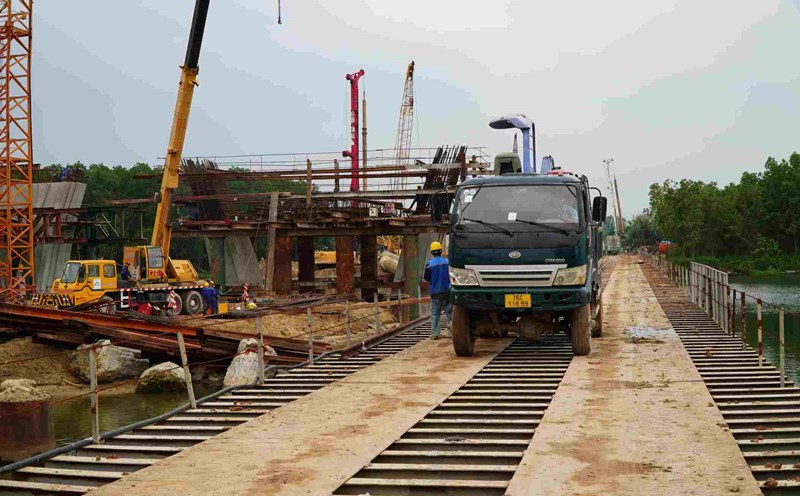In the face of the sharp decline in the COVID-19 epidemic in Ho Chi Minh City in recent times, Associate Professor, Doctor, Doctor Phung Nguyen The Nguyen - Deputy Head of the Intensive Care - Anti-Poison Department, Children's Hospital 1 Ho Chi Minh City, commented that currently, COVID-19 no longer causes heavy pressure as in the previous period.Most of the cases recorded were mild, there was no need for strict quarantine as before.
According to him, although new variants have appeared in some places, the severity or danger have not increased.
In Vietnam, there are still cases but they are often only discovered by chance when patients come to the clinic for other diseases.Current treatment is mainly respiratory support, anti-infection, no difference from the basic regimen, said Dr. The Nguyen.
For pediatric patients, he said: COVID-19 is currently classified as Group B - a group of infectious diseases that need to be monitored but cannot be absolutely isolated.Children are hospitalized for other diseases, if they are detected with COVID-19, they will still be treated normally, without needing to be separated.
Sharing the same view on the COVID-19 epidemic situation as not worrying, Associate Professor, Doctor, Doctor Tran Van Ngoc - Chairman of the Ho Chi Minh City Respiratory Association said: "Currently, there is no centralized isolation or putting F1 and F2 in the admission area as before.The current community immunity is quite stable, while the circulating Omicron strain has low toxicity".
According to Mr. Ngoc, the recent outbreaks have all been small-scale, occurring at changing seasons or when crowds are large, similar to other respiratory diseases.
He also emphasized the role of proactive disease prevention: People with underlying diseases and the elderly should be vaccinated against influenza and strawberry vaccines to prevent complications when infected with the virus.Stable treatment of underlying diseases is also very important.
People who are healthy and have mild symptoms such as fever, cough, runny nose, can rest for a few days at home and wear a mask and stay hygienic when going out in public.There are currently no recommendations for mass vaccination, but high-risk groups may be vaccinated with additional supplements according to upcoming instructions.At the same time, COVID-19 is currently managed like common infectious diseases.If hospitalization is needed, patients are still treated in separate areas, as with any other infectious disease.
Recently, the Ho Chi Minh City Department of Health said that after an increase from mid-April to the end of May, the COVID-19 epidemic has begun to decrease after week 22 (from May 29 to June 4).
Accordingly, through the infectious disease monitoring system, in week 23 (from June 5 to June 11), the whole city recorded 69 cases of COVID-19, to week 24 (from June 12 to June 18), there were 32 cases (14 inpatients and 18 outpatient treatment cases), down 66% compared to the highest number of cases in the week in week 22 with 94 cases.
This is considered a positive signal, showing that the city is gradually effectively controlling the new COVID-19 epidemic after an increase from mid-April to the end of May.
"Although the number of COVID-19 cases is decreasing, the health sector is still not subjective or negligent in epidemic prevention because the risk of serious complications and death is always possible, especially in people at high risk," the Department of Health emphasized.
The number of COVID-19 cases decreased sharply in line with experts' predictions
NGUYỄN LY |
The Ho Chi Minh City Department of Health said that the number of COVID-19 cases in the city has decreased rapidly. The expert's previous forecast was consistent with the actual situation.










